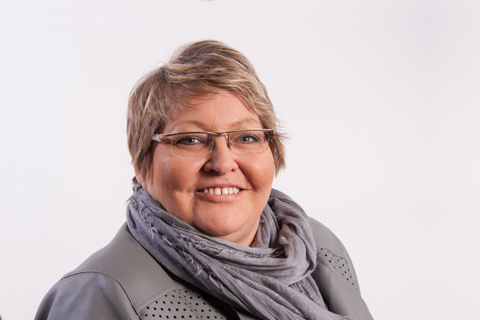A leading First Nations figure came out against the province’s new rural crime plan, which she said could put more Indigenous people at risk.
Heather Bear, a vice chief with the Federation of Sovereign Indigenous Nations, said the move to expand the powers of armed conservation officers is “excessive,” “disturbing” and “dangerous.”
“I think it’s unnecessary,” she said. “I think there are other measures that could be taken to prevent crime other than giving out more authority.”
She said expanding the powers of people with guns makes it more likely that, sooner or later, a vulnerable life will be lost.
“There are many mistakes that have been made, and you see it over and over again.”
She’s particularly concerned about what the move could mean for hunters, like her nephews and son.
“I worry as a mother,” she said, “if a conservation officer is going to come along with a gun.”
In announcing the new Protection and Response Team Tuesday, Justice Minister Gordon Wyant said the government consulted with the FSIN. But Bear said that she felt consultation with First Nations was “haphazard” and “quick.”
She did commend Wyant for signalling a willingness to work with the FSIN, however, particularly on an anti-gang strategy. But she stressed the need to move beyond enforcement and incarceration.
“I think it’s about education, information and awareness,” she said, “and it’s about good parenting.”
The issue is laying bare the already wide gulf between First Nations leaders and rural politicians. Don Fyrk, the reeve of the RM of Buckland, told the Daily Herald that he thinks Wyant’s plan could ease tensions and prevent a repeat of a tragedy like the shooting death of Colten Boushie.
“This is a step that has to be taken, because we don’t want a repeat of what went on in Biggar,” he said.
But Bear disagrees. As an Indigenous woman, she said that the measures don’t make her feel any more secure, especially given the state of race relations in Saskatchewan.
“It’s putting more guns in the hands of non-Indigenous people, and (giving them) more freedom to make those mistakes.”


